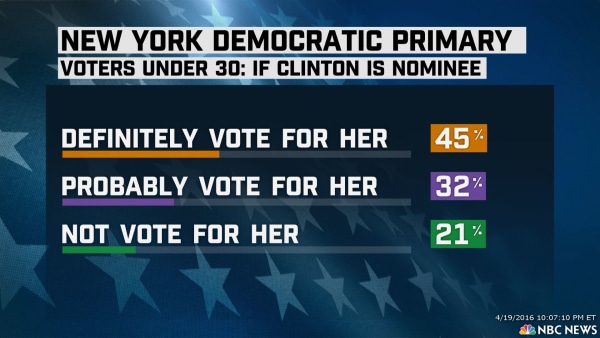To quote Chuck Todd "This convention is a mess."
Senator Ted Cruz carefully neglected to endorse Donald Trump during his speech at this night's convention effectively taking the momentum out of Vice Presidential Nominee Mike Pence's speech which occurred later on in the night. It was a bold move for Senator Cruz to do so so late in the game when all of the other Republican Primary candidates had already committed to endorsing whichever candidate was eventually chosen by their party. In essence, Cruz stuck to his classic filibuster style and boycotted what he disapproved of. Will this hurt the Trump campaign? Well if we look back in history to nights one and two of this convention, it seems as if these speakers can and will say anything and get away with very little damage done to their own public image or the image of Trump and his campaign. However, the bigger question seems to be 'why did the Trump campaign let Cruz speak for so long if they knew how long he was going to speak for as well as the fact that he would not be directly endorsing Trump anywhere in the speech?' Does this mean Cruz really does not believe that Trump should be the next President of the United States? Or is Cruz simply trying to set up his candidacy in 2020?
Meanwhile Governor Chris Christie's speech from the second night of the convention gained steam during the news cycle on Wednesday for his strong critique of everything Hillary Clinton handled during her tenure as Secretary of State. Some have been saying that this was his audition to be Trump's pick for Attorney General or even a potential nomination to the Supreme Court for Antonin Scalia's absent seat. The 30 second clip that has been circulating from Christie's speech is most notably when he asked the audience on the convention floor if Hillary was "Guilty or Not Guilty?" To which the audience began to chant back "Lock her up! Lock her up!" This clip and many more from Mike Pence's first national speech as the Vice Presidential Nominee will obviously make their rounds on the upcoming news cycles, but rather than go into more detail on those slightly more serious issues let's take a look at this...
Saturday Night Live's Weekend Update anchors Colin Jost and Michael Che did a special edition of Weekend Update tonight with the only and only Notorious RBG: Supreme Court Justice Ruth Bader Ginsburg! If you didn't stay up until 12:00 EST check back in a few hours where I will try to put up a link to this hilarious clip. Plus, stay tuned for next week's Democratic National Convention in Philadelphia when they will produce a second special edition of Weekend Update!
Meanwhile Governor Chris Christie's speech from the second night of the convention gained steam during the news cycle on Wednesday for his strong critique of everything Hillary Clinton handled during her tenure as Secretary of State. Some have been saying that this was his audition to be Trump's pick for Attorney General or even a potential nomination to the Supreme Court for Antonin Scalia's absent seat. The 30 second clip that has been circulating from Christie's speech is most notably when he asked the audience on the convention floor if Hillary was "Guilty or Not Guilty?" To which the audience began to chant back "Lock her up! Lock her up!" This clip and many more from Mike Pence's first national speech as the Vice Presidential Nominee will obviously make their rounds on the upcoming news cycles, but rather than go into more detail on those slightly more serious issues let's take a look at this...
Saturday Night Live's Weekend Update anchors Colin Jost and Michael Che did a special edition of Weekend Update tonight with the only and only Notorious RBG: Supreme Court Justice Ruth Bader Ginsburg! If you didn't stay up until 12:00 EST check back in a few hours where I will try to put up a link to this hilarious clip. Plus, stay tuned for next week's Democratic National Convention in Philadelphia when they will produce a second special edition of Weekend Update!
